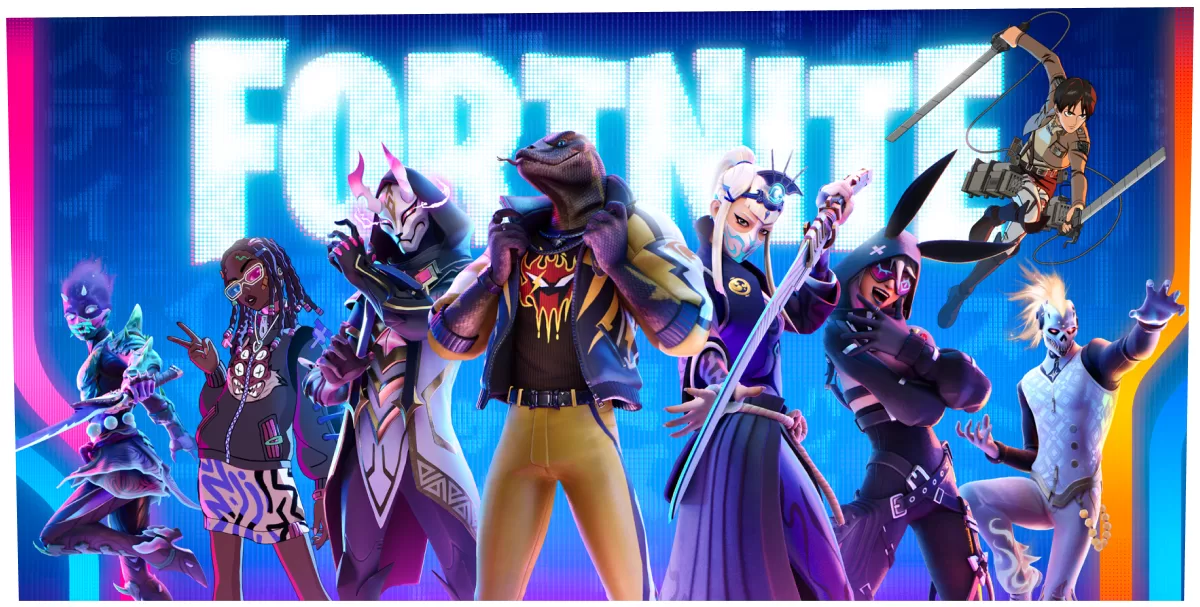Epic Games and Google In the ongoing antitrust trial
Btwen Epic Games and Google, notable revelations have emerged, shedding light on the tech giant’s practices within the Play Store. While Match settled its case with Google for over $300 million, Epic Games is taking a different route by pushing for a jury trial. This strategic move aims to involve regular consumers in the decision-making process, potentially impacting the outcome. As the trial unfolded this week, several crucial insights into Google’s Play Store business practices came to light.
1.Project Hug and Incentives:
Epic Games presented details about Google’s “Project Hug,” which incentivized app developers to launch their games exclusively on the Play Store. Notable among these incentives was Google’s payment of $360 million to Activision Blizzard in 2020 to bring its games to the Play Store simultaneously with other platforms. This move was characterized by Epic as a form of “bribery,” aimed at preventing developers from releasing games independently. Google countered, stating that Project Hug was a competitive strategy against other app stores, including Apple’s, and that developers were not restricted from launching their own app stores.
2. Fortnite Offer and “Contagion Risk”:
Google revealed it offered Epic Games a $147 million deal to bring Fortnite to the Play Store over a three-year period ending in 2021. However, Epic rejected the offer. Documents showed Google’s concern about a “contagion risk” if other major game developers followed Epic’s lead and launched their games outside the Play Store. Google projected potential revenue losses ranging from $130 to $250 million from losing Fortnite, and up to $3.6 billion if other major developers left the platform.
3. Rejection of “Steering” Apps:
Testimony from Benjamin Simon, a developer whose app was rejected by Google, revealed that the tech giant rejected apps for “steering,” which involves directing users to pay for services outside the Play Store. Despite potential consumer benefits, both Google and Apple prohibit “steering” in their app store agreements. This aspect was the only area where Apple lost in its court battle with Epic Games.
4. Play Store Dominance and Epic Games Store Profitability:
Epic’s attorneys highlighted the Play Store’s dominance, with 90% of all U.S. Android app downloads occurring on the platform, generating over $12 billion in annual operating profits with a 70% profit margin. In contrast, Epic Games Store, with its developer-friendly 12% revenue cut, admitted to not being profitable. Google defended its position by pointing out competition from Apple and other platforms.
5. Special Deals with Netflix and Spotify:
Google negotiated a special deal with Netflix, offering a discounted rate of 10% to keep its payment processing on the Play Store. While Netflix declined, the trial also hinted at a similar deal with Spotify. Google’s request to seal documents related to the Spotify deal raised suspicions, especially considering Epic’s rejection of a similar offer through Google’s User Choice Billing option.
Conclusion:
As the Epic-Google antitrust trial unfolds, these revelations offer a deeper understanding of Google’s Play Store practices and the dynamics at play in the mobile app ecosystem. The outcomes of this trial could have far-reaching implications for the tech industry and the relationships between app developers and platform providers.








